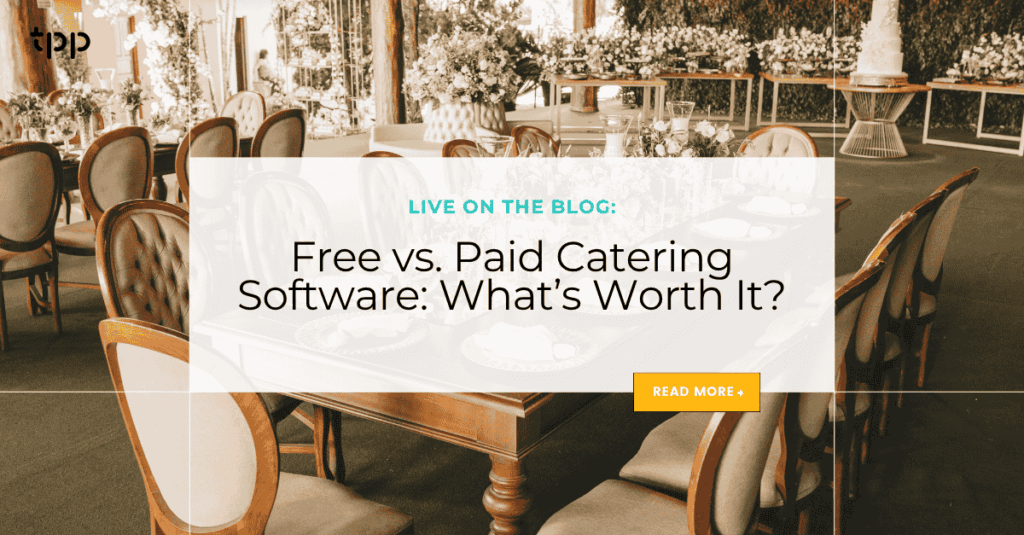One evening while browsing shows on the ABC television network, I stumbled across Shark Tank. Intrigued by the premise of the show, I watched one episode and was instantly hooked. If you haven’t seen it, the basic plot is that entrepreneurs appear in front of a panel of “Sharks” to ask for investment dollars. Now it isn’t really the amount of money the entrepreneurs ask for that fascinates me, but rather the reason why the “Sharks” will decide to invest in the company or not. From the few episodes I have watched since, here were some reasons for both “Yes, I will invest” and “No, I do not want to invest”.
Yes, I will invest:
- The product itself is unique and marketable.
- The investor themselves had already had success with a similar product in the past.
- The investor feels they will see a positive return on their investment sooner rather than later.
No, I do not want to invest:
- The owner is too tied to the success of the company.
- The business is early in it’s infancy stage and unproven.
- The investor feels it would take too much of their time to be involved.
Interesting enough, the entire theme of Shark Tank also closely parallels a recent event I attended through the Chamber of Commerce. They hosted speaker John Warrillow – author of the book Built to Sell. John’s moving speech talked about steps to take to build a profitable company that both investors (or according to ABC the “Sharks”) and buyers will be attracted to.
So, using John Warrillow’s principals, what steps can a catering company do to make their companies more investment, or sale ready? Here are the key points from John’s book:
- Identify your products that are scalable. That is, they are teachable, repeatable, and valuable. I think we would all agree that your catering company fits nicely into all three of those categories.
- Create a positive cash flow. Charging up front for your events (or at least enough to cover costs) reduces the amount of working capital you would need to continuously provide the company. Investors or buyers like to know that the required working capital is not an impedance.
- Hire a sales team. Although you may have the most passion for your food and service, investors and buyers want to know that it isn’t just one person responsible for the success of the company.
- Sell what you do best and nothing else. Even if the extra revenue of helping a bride with her full wedding plan sounds attractive, skip it if it isn’t what you defined as your scalable product. Stick to what you do best.
- Build a loyal management team around long term incentives. Investors and buyers want to know that your catering manager, executive chef, and sales manager are locked into the company for continued success after investment or sale.
For detailed information from John Warrillow, visit his website at http://www.builttosell.com/.
Do you have a catering investment story or business sale (or purchase) to share? We would love to hear!





